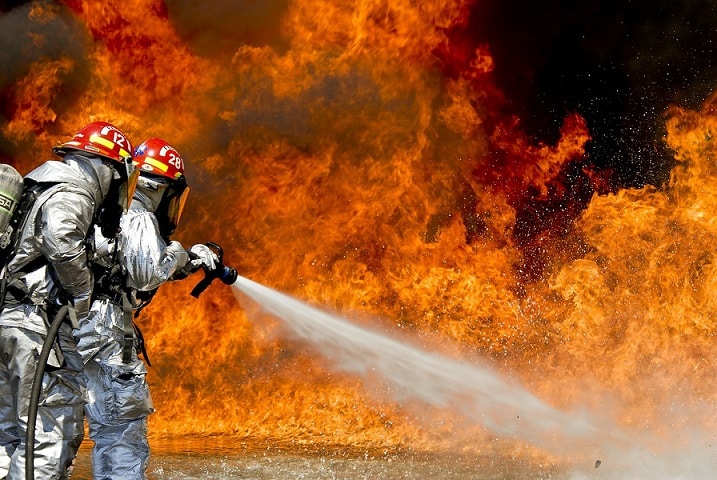With the Western Cape in the throes of a devastating drought, and “fire-season†around the corner (actually it has already started – rather early this year), it has become vital that innovative methods of fighting these wildfires are sought and put into use.
Fire is an important part of the landscape in the Western Cape and a key driver of ecosystem structure and function in the fynbos and renosterveld shrublands for millions of years. Intense research into the relationship between fire and ecosystem services, such as water supply and nutrient cycling, has resulted in a very solid foundation for rational policy and management approaches.
Despite this, the province came perilously close to losing the battle against extreme fires early in the 2016/17 fire season. Between 1/11/2016 and 12/1/2017, Fire and Rescue Services responded to a massive 5 465 fires, an average of about 75 a day, and there are fears that due to the ongoing drought, dry bushland and gale force winds at this time of the year, the 2017/18 fire season is going to be worse.
Water shortages preclude using millions of litres of potable water being used to douse the up to 9‚000 vegetation fires the region experiences each summer, but something needs to be done about them as they cannot be allowed to rage out of control, burning houses and killing wildlife as well as costing human lives.
The City of Cape Town recently unveiled this season’s fire-fighting methods, which will include labour-intensive firefighting methods; the mapping all alternative water sources‚ such as rivers‚ dams and vleis‚ so they can be used to extract water; fire tenders filled with sea water, and using treated effluent water to fight the fires. Two helicopters and a spotter plane would be on standby from December 1.
“We have reassessed our fire management strategy amid the prevailing drought crisis and adapted accordingly‚†said JP Smith‚ the mayoral committee member for safety and security.
A study was under way to see if treated effluent could be used on fires “without any detrimental effects to personnel and firefighting equipmentâ€â€š he added.
Smith warned the city council would not accept responsibility for damage to private property caused by low water pressure or water rationing.
“Property owners must speak to their insurer and other relevant bodies to ensure they are aware of all requirements and consequences of fires during a time of drought when water pressure will likely be low‚†he said.
Get water dispenser and water cooler accessories from Living-Water.






